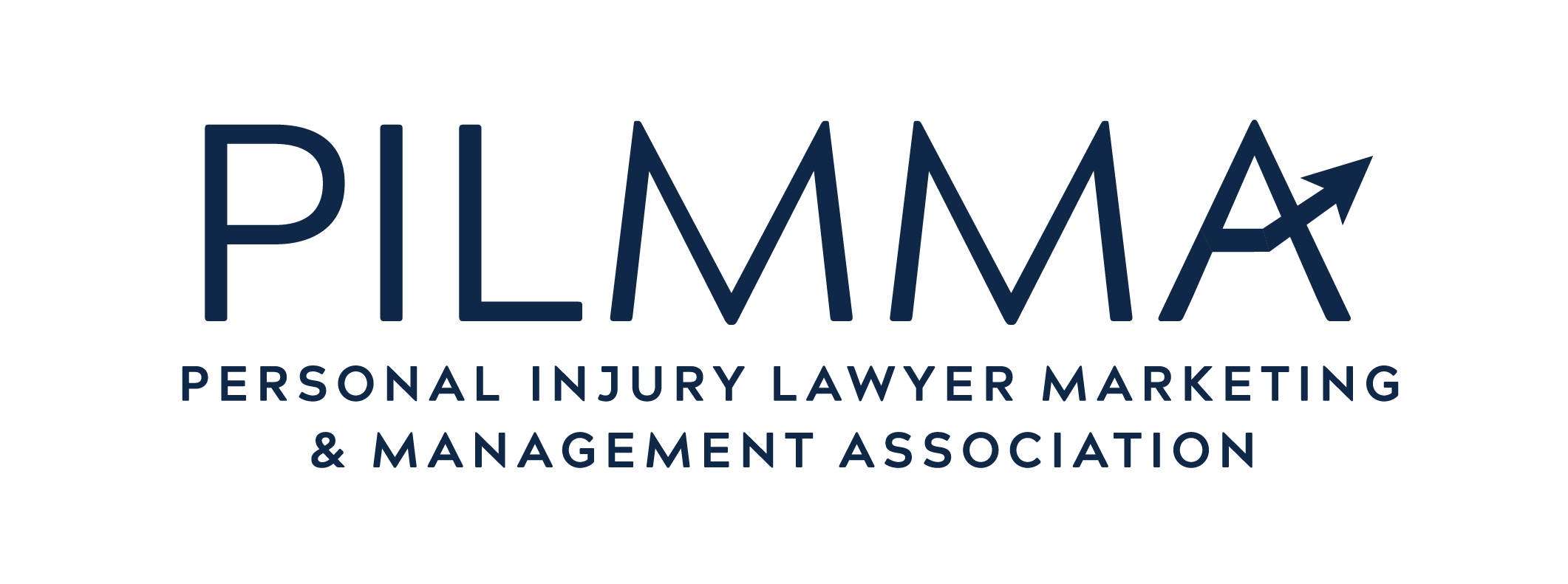As the legal industry continues to embrace digital marketing in 2024, law firms must navigate the complex landscape of ethical guidelines to maintain professionalism and compliance. Digital marketing offers unparalleled visibility and client engagement opportunities, but it also poses unique challenges that require careful consideration. Here’s a detailed look at the ethical concerns and best practices law firms should follow to ensure their digital marketing efforts align with industry standards and moral principles.
Understanding the Ethical Landscape
1. Adherence to Professional Conduct Rules
Every jurisdiction has its own set of rules governing the professional conduct of lawyers, often outlined by state bar associations or other regulatory bodies. These rules typically cover advertising and solicitation, making it crucial for law firms to familiarize themselves with applicable regulations. For instance, the American Bar Association’s Model Rules of Professional Conduct provide a framework, but local variations can exist. Key areas to focus on include:
- Truthfulness in Advertising: Avoid making false or misleading statements about your services, experience, or
- Confidentiality: Ensure that marketing materials do not disclose any confidential client information without
- Solicitation: Understand the distinctions between permissible advertising and improper solicitation, especially in direct outreach efforts.
2. Transparency and Honesty
Building trust through transparency and honesty is paramount. Misleading information can not only harm your reputation but also lead to disciplinary actions. Ensure all claims made in your digital marketing, including success rates, case studies, and client testimonials, are accurate and verifiable.
Best Practices for Ethical Digital Marketing
1. Clear and Accurate Communication
Ensure that all digital content, from website copy to social media posts, accurately represents your firm’s capabilities and services. Avoid exaggerations and be precise about what clients can expect. When presenting case results, include disclaimers indicating that past results do not guarantee future outcomes.
2. Obtaining Client Consent for Testimonials
Client testimonials can be powerful marketing tools, but it’s essential to obtain explicit consent before using them. Ensure that testimonials are genuine and reflect the client’s honest opinions. Misrepresenting or fabricating testimonials is unethical and can lead to severe consequences.
3. Protecting Client Confidentiality
Maintaining client confidentiality is a cornerstone of legal ethics. Avoid sharing any case details or personal information in your digital marketing fforts without the client’s informed consent. Even anonymized case studies should be carefully reviewed to ensure they cannot be traced back to specific clients.
4. Ethical Use of Social Media
Social media is a dynamic platform for engaging with potential clients, but it requires a mindful approach:
- Professionalism: Maintain a professional tone in all posts and Avoid engaging in arguments or unprofessional behavior.
- Accuracy: Ensure that all information shared is accurate and up-to-date.
- Confidentiality: Never discuss specific client matters or confidential information on social
5. Compliance with Advertising Regulations
Different jurisdictions have varying regulations regarding legal advertising. Common restrictions include: No Guarantees of Outcome: Avoid making promises or guarantees about case results.
Proper Identification: Identify your firm and provide contact information in all advertisements. Disclaimers: Use disclaimers where necessary to clarify that the information provided is not legal advice and does not establish an attorney-client relationship.
Monitoring and Responding to Online Reviews
1. Encouraging Honest Reviews
Encourage satisfied clients to leave positive reviews on platforms like Google, Yelp, and Avvo. However, never offer incentives for positive reviews, as this can be considered unethical.
2. Handling Negative Reviews Professionally
Negative reviews can impact your firm’s reputation, but responding professionally can mitigate their effect. Address concerns calmly and constructively, without disclosing any confidential information or engaging in disputes online. If necessary, invite the reviewer to discuss their concerns privately to resolve the issue.
Leveraging Technology Ethically
1. Using AI and Automation Responsibly
AI and automation tools can enhance marketing efficiency, but their use must be ethical. Ensure that any automated communications are clear about their nature and do not mislead recipients. Additionally, respect privacy by obtaining consent for any data collection and usage.
2. Data Privacy and Security
Implement robust data privacy and security measures to protect client information. Ensure compliance with relevant data protection laws, such as GDPR or CCPA, and be transparent about how client data is collected, used, and stored.
Conclusion
In the digital age, ethical considerations in law firm marketing are more important than ever. By adhering to professional conduct rules, maintaining transparency, and protecting client confidentiality, law firms can effectively leverage digital marketing while upholding their ethical obligations. Staying informed about evolving regulations and best practices will ensure that your marketing efforts enhance your firm’s reputation and trustworthiness in the eyes of potential clients.

